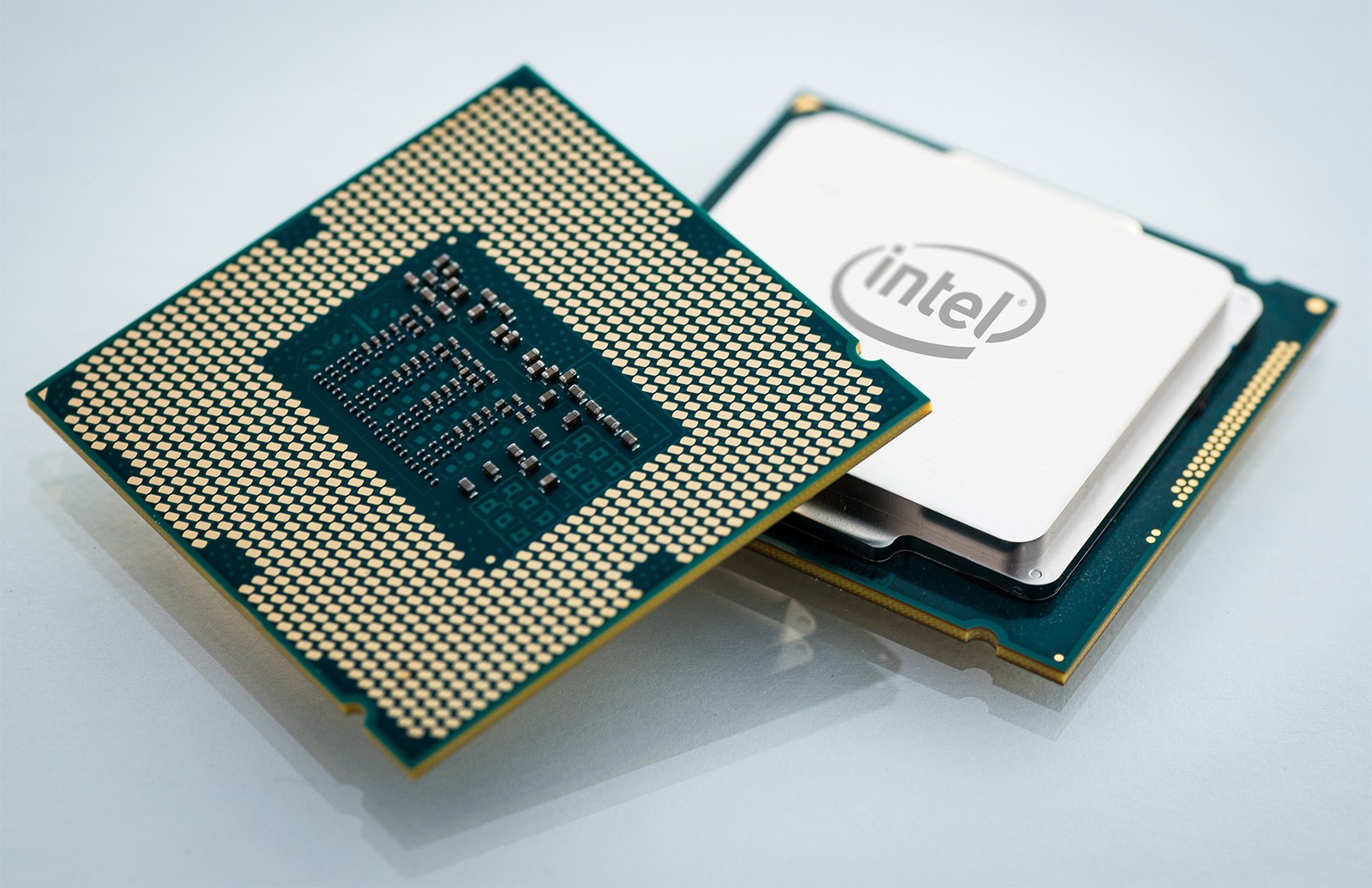Last night, Apple finally made an official statement about the case regarding processor security errors (the so-called Specter and Meltdown bugs). As it has become clear, the security flaws do not only concern processors from Intel, but also appear on processors based on the ARM architecture, which is very popular for mobile phones and tablets. Apple used the ARM architecture for its older Ax processors, so it was to be expected that security flaws would appear here as well. The company confirmed this in its statement yesterday.
It could be interest you

According to the official report that you can read <a href="https://cdn.shopify.com/s/files/1/1932/8043/files/200721_ODSTOUPENI_BEZ_UDANI_DUVODU__EN.pdf?v=1595428404" data-gt-href-en="https://en.notsofunnyany.com/">here</a>, all Apple's macOS and iOS devices are affected by these bugs. However, no one is currently aware of any existing exploit that could take advantage of these bugs. This abuse can only occur if a dangerous and unverified application is installed, so prevention is relatively clear.
All Mac and iOS systems are affected by this security flaw, but there are currently no methods that can exploit these flaws. These security flaws can only be exploited by installing a dangerous application on your macOS or iOS device. We therefore recommend installing only applications from verified sources, such as the App Store.
However, to this statement, the company adds in one breath that a large part of the security holes have been "patched" with already released updates for iOS and macOS. This fix appeared in iOS 11.2, macOS 10.13.2, and tvOS 11.2 updates. The security update should also be available for older devices still running macOS Sierra and OS X El Capitan. The watchOS operating system is not burdened by these problems. Importantly, testing revealed that none of the "patched" operating systems are slowed down in any way as originally expected. In the following days, there will be some more updates (especially for Safari) that will make possible exploits even more impossible.
"However, at this time, no one is aware of any existing exploit that could take advantage of these bugs." Apple and the author tactfully failed to mention that this could be, among other things, because these exploits leave no trace in the log, etc.